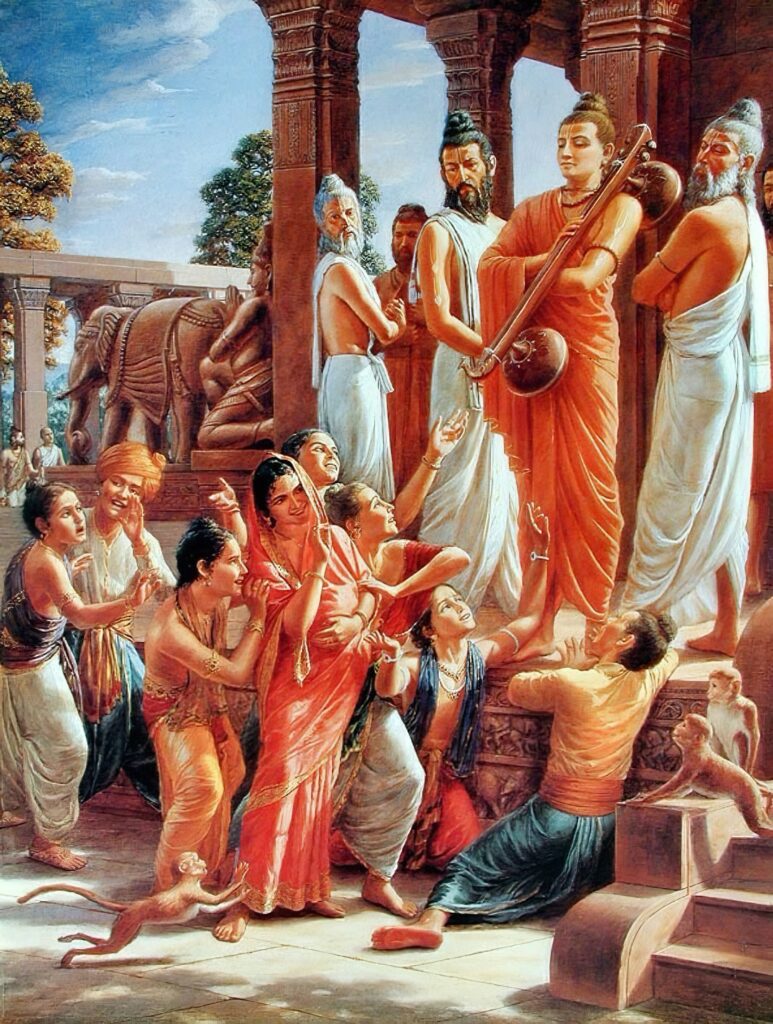Nowadays, the word “exclusive” is usually taken as a positive adjective. An “exclusive restaurant” is a place where you can find important people, “an exclusive seat” is a comfortable premium seat on a plane, and so on. However, the word “exclusive” has also a negative connotation, which is to exclude people who don’t fit into a certain standard or stereotype. In this sense, an “exclusive restaurant” becomes a place where people who don’t belong to a certain group or have a certain level of income are discriminated against, and an “exclusive seat” is a place where not everyone can sit. On the opposite spectrum, we have the word “inclusive” which means a place where everyone is welcome.
In the past, we used to sometimes have a more exclusive mentality in our movement. We would set certain standards and would reject people who would not fit into these stereotypes. The problem is that few would be able to properly follow everything, and this would frequently create an unhealthy situation, where people would have a double life, trying to keep appearances when with other devotees but behaving differently when otherwise. Another problem is that many interested persons would often abandon Krsna Consciousness because they would not be able to follow the demanded standards. This led to a decline of our movement in many areas, as the enthusiasm of the first generation gradually waned.

There are different standards prescribed by our previous Acaryas that are considered important in the process of Sadhana Bhakti, such as waking up early, chanting a prescribed number of names daily, avoiding eating impure food as well as different intoxicants, abstaining from sex outside of marriage, being clean, maintaining good moral principles and so on. It’s difficult for anyone to advance in spiritual life without following them.
The question is that adopting these principles must be due to personal choice when an individual understands their importance and decides himself to follow them. The problem starts when these principles are imposed as a barrier to being part of a group. When this happens we risk creating an unhealthy atmosphere where people are judged based on externals, such as how they dress, how they talk, or who they pretend to be, leading to a cultish or sectarian mentality. When this happens, a group becomes “exclusive”, in the bad sense. This is a problem that can be noted in most organized religious groups, where people usually press each other to fit into the dominant cultural and behavioral standards.
When Srila Bhaktivinoda Thakura made his famous predictions about the spread of the holy names, he specifically spoke against that:
“The principle of kirtana, as the future church of the world, invites all classes of men without distinction of caste, creed, or clan to the highest cultivation of the spirit. This church will extend all over the world and take the place of all sectarian churches which exclude outsiders from the precincts of their mosque, church or temple.” (Sri Caitanya Mahaprabhu: His Life and Precepts)
We can see that part of the process to make our movement “the future church of the world” (instead of just another organized religion) is this metamorphosis of evolving from an exclusive group that excludes outsiders to an inclusive group, that welcomes all classes of people and gradually transform them through the potency of the pure chanting of the holy names.
Gradually it seems that we are entering this inclusive phase, where people are encouraged to face their problems and deficiencies and find space to grow in spiritual life at their own pace. We now better understand that becoming a saint is not something that happens overnight and we usually have more tolerance for each other’s imperfections. Gradually, we are learning to offer people a path for gradual progression, instead of trying to force them to immediately adopt a closed set of standards of behavior and turning them away when they fail to comply.
We are also gradually reducing the space between our private lives and the image we project to other devotees, and we are gradually becoming less judgmental, understanding that anyone who is trying to follow Krsna Consciousness, regardless of their deficiencies is worthy of respect. As the saying goes: “Every saint has a past, and every sinner has a future”.
